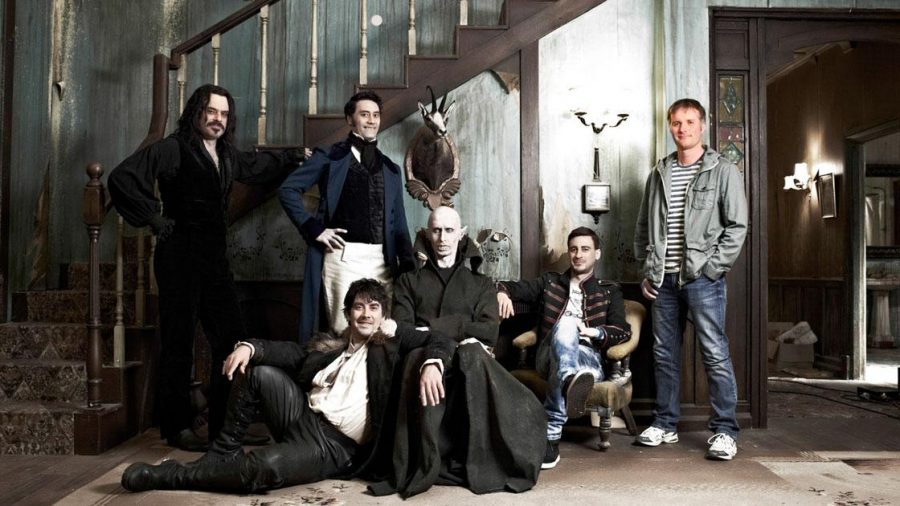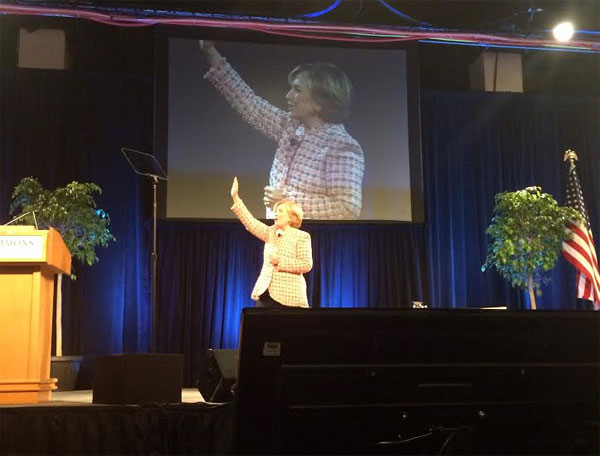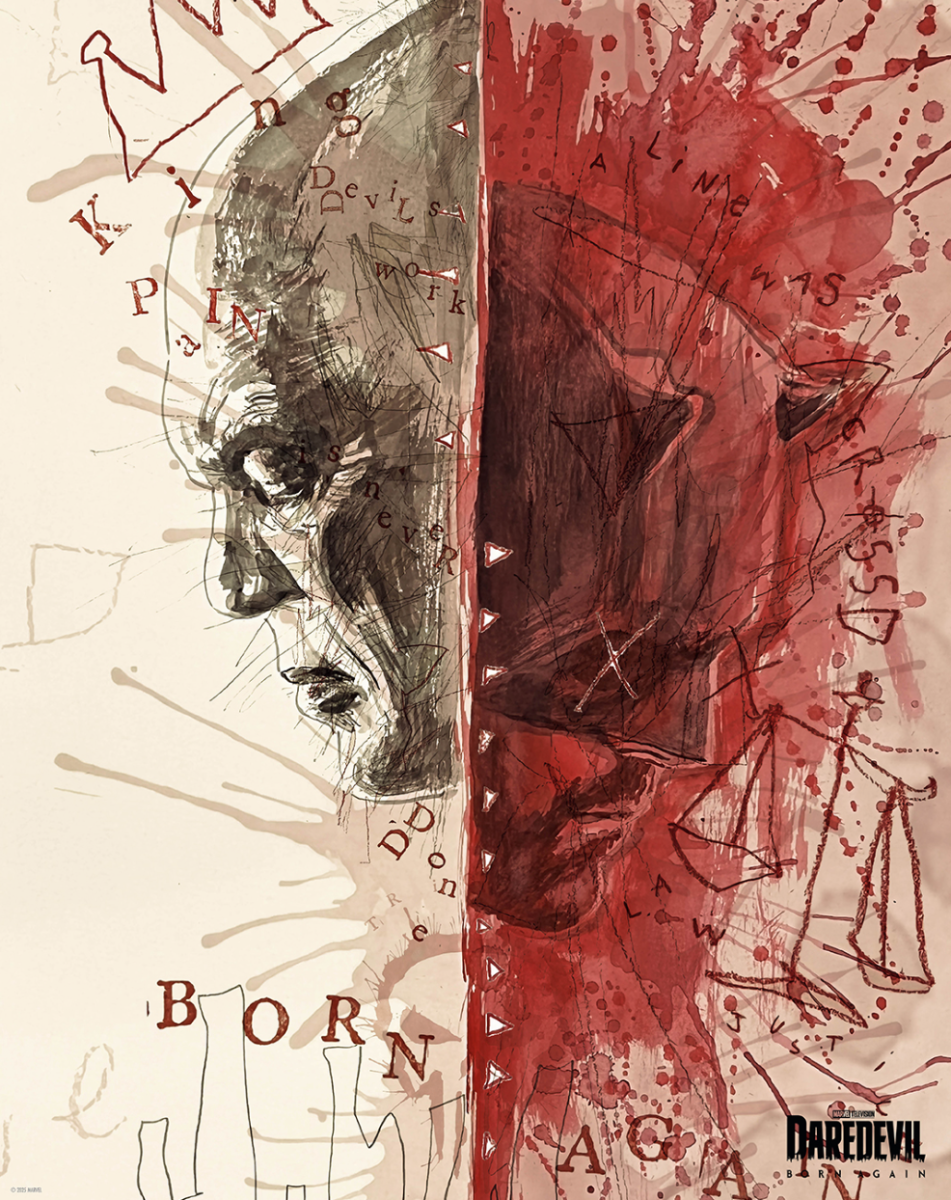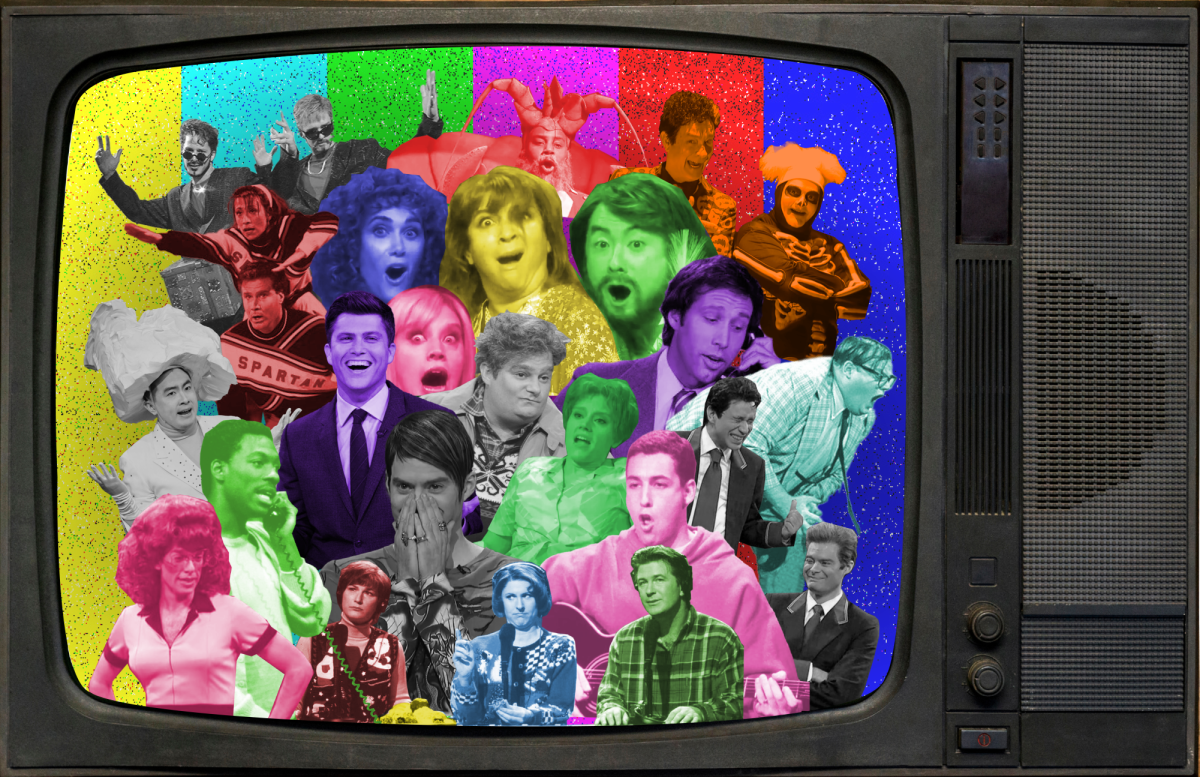By Helen Li
Staff Writer
“Don Jon” stars Joseph Gordon Levitt, Scarlett Johannson, and Julianne Moore in a romantic comedy about a modern-day Don Juan. Levitt plays the character Don Martello, an Italian-American with a simple list of things he finds important—his car, his apartment (or pad, as he calls it), his family, his church, and, of course, women.
His nickname, Don Jon, was given to him by his friends for his ability to take home attractive women rated at a 10/10 without fail.
While he has an active sex life, he finds that all his physical interactions with women pale in comparison to the transcendental feeling masturbating to porn gives him. He is eventually able to have the same experience without the help of porn through meeting Esther (Moore), and after going through a relationship with Barbara (Johannson) who we discover is controlling, selfish, and has a false sense of reality in terms of it means to be in a romantic relationship.
An interesting component about the film is that the sole reason Barbara breaks up with Don is because she discovers that, despite her obvious disdain for pornography, he continues to watch it compulsively. In order to compensate for his inability to watch porn in the comfort of his home, he begins to watch it on his phone in his car, during class, and even during church. During this time, he meets a middle-aged woman named Esther, who comes off as strange and overly friendly.
After breaking up with Barbara, Don then begins a romantic rapport with Esther who suggests that he try to masturbate without watching porn. While Barbara accuses Don of watching unrealistic depictions of sex through porn, she hypocritically indulges in watching unrealistic depictions of relationships in which her partner (in this case, the male) is to be the ever doting, dutiful, and sacrificing lover—a role that Don is unable and unwilling to fulfill.
The film plays into a larger idea that falling in love is not merely the act of two people who have chemistry together and are able to fight the odds that work against them (as depicted in most romantic films), but that it’s also taking a person for who they really are and not projecting an idea of who we would like them to be.
In this case, Barbara wants Don to be the ideal male love interest she has always seen on TV, consequently when he fails to meet that role, she is disappointed and breaks up with him. While his need for porn is not the sole reason indicative of their incompatibility, the nuances of their relationship are apparent to us as the viewer who are able to empathize with Don.
After deciding to skip class and go to Esther’s house, it is discovered that Esther’s husband and child died in a car accident 14 months ago. They begin to discuss why Don enjoys porn so much more than the real act of having sex. She explains that in his efforts to satisfy his sex drive, both he and his partner are in it to satisfy themselves, making it an individualistic act rather than a unifying one. It is with Esther that he eventually is able to experience sex on the same transcendental level that porn provided him with.
On the surface, the film appears to be a light and funny movie, but there are themes that work under the surface that give the film its impact. If you have the chance, definitely go and check it out!
















